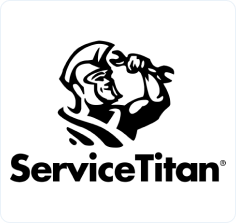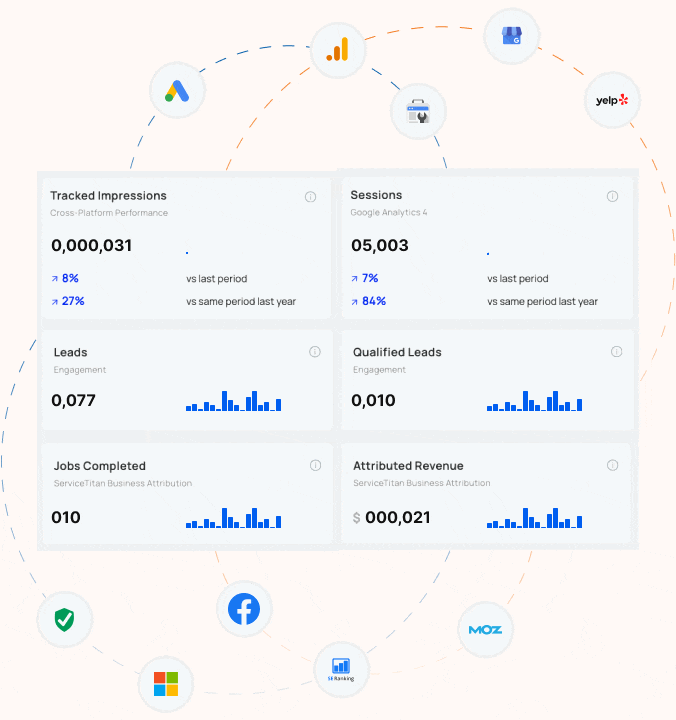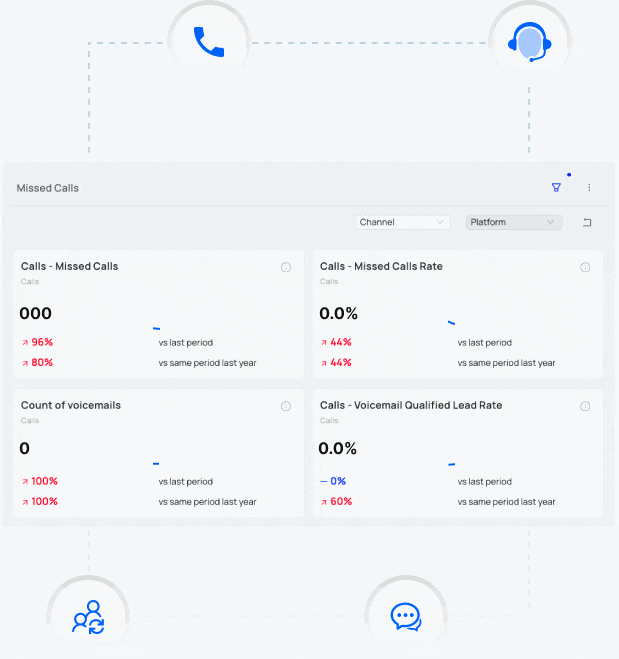
I have a confession to make (Seriously—why do so many of my blog posts start out this way?). I knew almost nothing about SEO before I started working at Blue Corona. In my job interview, my now boss Katelyn McKinley asked me if I even knew what SEO stood for. The word “social” barely escaped my mouth before I heard the buzzer going off.
I’d been blogging pretty seriously prior to my days at Blue Corona, so I had heard of SEO. I did some quick research, realized there were plenty of free SEO plugins for WordPress, installed one on my blog, and then did nothing else—fully expecting my blog posts to rank better simply because I had installed an SEO plugin.
There’s that buzzer going off again…
 While the SEO plugin will helps non-coders to easily optimize this information, it’s not going to research or write it for you!
While the SEO plugin will helps non-coders to easily optimize this information, it’s not going to research or write it for you!
What Does an SEO Plugin Do?
SEO plugins allow webmasters to easily optimize certain elements of a website’s code and structure to make it more crawlable by search engine spiders.An SEO Plugin Allows You to Easily Optimize Meta Data
The page title and meta description appear in the code of your page and in search engine results. They are very important in telling the search engines what the page is about. If your website automatically generates these meta elements for you, it’s likely that they are not well optimized for search engines. An SEO plugin allows you to easily add meta data to each of your site’s pages:An SEO Plugin Helps with Social Media Sharing
SEO plugins help with your company’s social media sharing by taking advantage of something called Open Graph. Open Graph is like a translator for your search engine optimized content. It gives social media sites the content that’s optimized for real life people to read and click on while they’re surfing through their favorite social media sites, as opposed to title tags and meta descriptions which are geared towards search engine crawlers. While the SEO plugin will helps non-coders to easily optimize this information, it’s not going to research or write it for you!
While the SEO plugin will helps non-coders to easily optimize this information, it’s not going to research or write it for you!
Other SEO Plugin Functions
There are many other areas of your site code and structure that an SEO plugin will allow you to optimize, including:- Your XML sitemap
- robots.txt and .htaccess
- Canonical elements
- Etc.
- Optimized site code and structure (which, yes, can be achieved with an SEO plugin if you know what you’re doing)
- Website content (read more on why website content is important)
- To establish and promote your company as THE authority for what you do, in the markets you do it






















